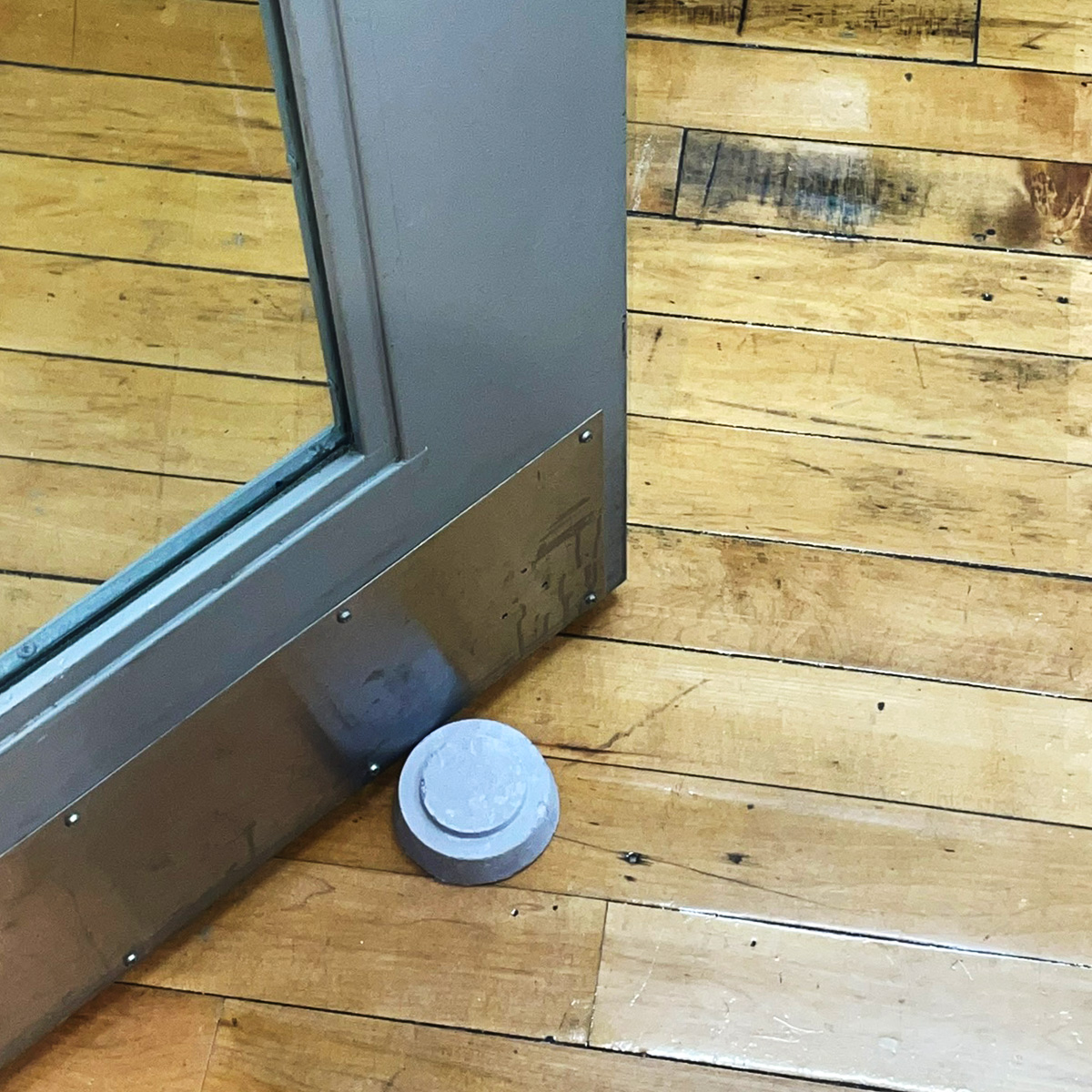The Purple Trail
︎
Creators: Rusudan Dushuashvili & Rucha Kale
︎ Supervisors: Jess Brown & Peter Yeadon
The Purple Trail addresses the ecological crisis caused by "zombie urchins" and their devastating effect on kelp forests. These urchins, which emerge in collapsed ecosystems, are nutrient-poor but relentlessly destructive, consuming any remaining kelp and preventing forest regrowth. This process destabilizes marine environments, driving away keystone species like sea otters, which naturally regulate urchin populations. Without sea otters and kelp, marine ecosystems spiral into "urchin barrens," desolate seafloor areas devoid of biodiversity and ecological balance.
Kelp forests are critical to marine ecosystems, providing habitat for countless species, supporting fisheries, and absorbing carbon dioxide. Sea otters play a pivotal role in maintaining these habitats by preying on sea urchins and preventing overpopulation. The rise of zombie urchins signals the collapse of this delicate balance. To restore it, efforts must focus on removing zombie urchins and regenerating kelp forests, which can encourage smaller organisms to feed on urchin larvae and eventually support the return of sea otters.
The Purple Trail initiative creatively addresses this crisis by harvesting zombie urchins and repurposing their spines, composed of calcite and vibrant purple pigments, into striking urban art installations. These cone-shaped artifacts, placed in public spaces, symbolize the ecological challenge while drawing attention to the interconnectedness of marine environments. By transforming the spines into tangible reminders, the project bridges marine science and public awareness, highlighting the urgent need to conserve kelp forests and their associated species.
This initiative goes beyond ecological restoration by fostering public engagement and sparking discussions on sustainability and biodiversity. As kelp forests regenerate, the cascading effects of ecosystem recovery benefit marine life and restore balance to coastal habitats. The Purple Trail exemplifies how unwanted bio-based materials can be repurposed to promote both environmental stewardship and creative storytelling, encouraging communities to recognize the importance of marine conservation.
︎ Supervisors: Jess Brown & Peter Yeadon
The Purple Trail addresses the ecological crisis caused by "zombie urchins" and their devastating effect on kelp forests. These urchins, which emerge in collapsed ecosystems, are nutrient-poor but relentlessly destructive, consuming any remaining kelp and preventing forest regrowth. This process destabilizes marine environments, driving away keystone species like sea otters, which naturally regulate urchin populations. Without sea otters and kelp, marine ecosystems spiral into "urchin barrens," desolate seafloor areas devoid of biodiversity and ecological balance.
Kelp forests are critical to marine ecosystems, providing habitat for countless species, supporting fisheries, and absorbing carbon dioxide. Sea otters play a pivotal role in maintaining these habitats by preying on sea urchins and preventing overpopulation. The rise of zombie urchins signals the collapse of this delicate balance. To restore it, efforts must focus on removing zombie urchins and regenerating kelp forests, which can encourage smaller organisms to feed on urchin larvae and eventually support the return of sea otters.
The Purple Trail initiative creatively addresses this crisis by harvesting zombie urchins and repurposing their spines, composed of calcite and vibrant purple pigments, into striking urban art installations. These cone-shaped artifacts, placed in public spaces, symbolize the ecological challenge while drawing attention to the interconnectedness of marine environments. By transforming the spines into tangible reminders, the project bridges marine science and public awareness, highlighting the urgent need to conserve kelp forests and their associated species.
This initiative goes beyond ecological restoration by fostering public engagement and sparking discussions on sustainability and biodiversity. As kelp forests regenerate, the cascading effects of ecosystem recovery benefit marine life and restore balance to coastal habitats. The Purple Trail exemplifies how unwanted bio-based materials can be repurposed to promote both environmental stewardship and creative storytelling, encouraging communities to recognize the importance of marine conservation.




